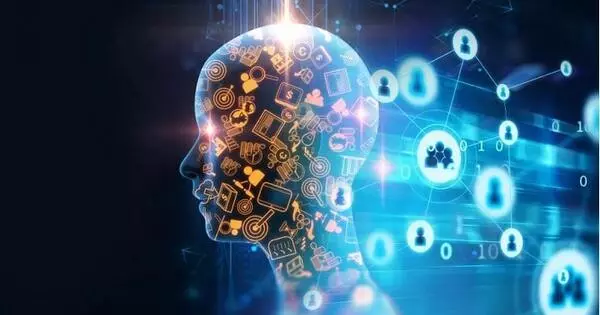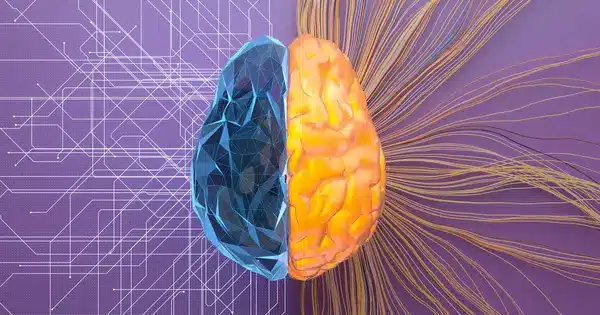Brain training can benefit a wide range of people, though the extent and specific benefits may vary. What does your ability to solve puzzles on your smartphone or tablet say about how quickly you learn new puzzles, or, more broadly, how well you can focus, say, in school or at work? Or, to put it another way, does “near transfer” predict “far transfer”?
People who show near transfer are more likely to show far transfer, according to a team of psychologists from UC Riverside and UC Irvine. Near transfer refers to being skilled at similar games, such as a crossword puzzle, for someone who is skilled at playing a game, such as Wordle. An example of far transfer for this person is better focus in daily living activities.
Brain training exercises can aid in the maintenance of cognitive function and the slowing of age-related cognitive decline. Regular brain training can help older adults improve their memory, attention, problem-solving abilities, and overall mental agility. Memory improvement exercises, speed reading, and critical thinking exercises, for example, can improve learning abilities.
Some studies claim these games work; others claim the opposite, making it difficult to interpret the interventions. Furthermore, some of these studies have combined people who show near transfer with people who do not show near transfer. Our paper helps to clear up some of the confusion.
Anja Pahor
“Some people do very well in training, such as playing a video game, but they don’t show near transfer perhaps because they are using highly specific strategies,” said first author Anja Pahor, an assistant research psychologist at UCR and a project scientist in the Department of Psychology at the University of Maribor in Slovenia. “For these people, far transfer is unlikely. By better understanding why this type of memory training or ‘intervention’ works for some people but not others, we can move forward with a new generation of working memory training games or use approaches that are more tailored to individuals’ needs.”
The researchers replicated the same finding in three randomized control trials with nearly 500 participants: the extent to which people improve on untrained tasks, that is, tasks they are unfamiliar with (near transfer), determines whether far transfer to an abstract reasoning task is successful. By analogy, if a person runs on a treadmill in the gym (training or intervention) and then progresses to being able to run faster outside (near transfer), this improvement predicts whether this person will be better prepared to engage in other physical activities (far transfer), such as cycling or sports.

The extent to which working memory training improves performance on untrained tasks, as in “fluid intelligence,” the ability to think and reason abstractly and solve problems, is still being debated. Some meta-analyses show that training has a small but significant positive effect on fluid intelligence, while others argue that there is no evidence that training generalizes to fluid intelligence.
“What working memory researchers get most excited about is whether there is transfer to fluid intelligence,” said coauthor Aaron Seitz, a psychology professor at UCR and the director of the UCR Brain Game Center for Mental Fitness and Well-Being.
“What we say in our paper is simple: If you get near transfer, it is very likely that you also get far transfer. But not everybody gets near transfer for a variety of reasons, such as participants disengaging during training or because that particular training is ineffective for them. These people appear not to get far transfer.”
People are constantly being sold brain training games, according to Seitz.
“Some studies claim these games work; others claim the opposite, making it difficult to interpret the interventions,” he explained. “Furthermore, some of these studies have combined people who show near transfer with people who do not show near transfer. Our paper helps to clear up some of the confusion.”
To delve deeper into these issues, the team has launched a large-scale citizen science project in which 30,000 people will participate in various forms of brain training. Anyone over the age of 18 is welcome to sign up and learn more about the researchers’ ongoing work.















